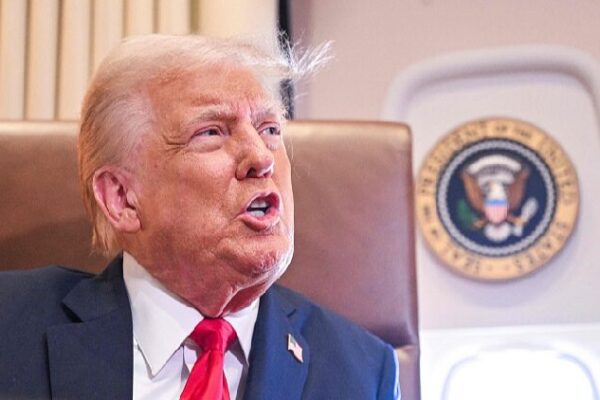Can animal behavior teach us about global economics? President Donald Trump’s aggressive trade tariffs have sparked debates worldwide. By comparing his tactics to primate politics, we might uncover why dominance doesn’t always lead to success.
Dominance in the Animal Kingdom
In nature, alpha males assert control in different ways. Chimpanzee leaders build alliances through sharing and cooperation, creating stability. Baboons, on the other hand, use intimidation and force, which often leads to conflict within the group.
Trump’s Tariff Tactics
President Trump’s “America First” policy resembles the aggressive approach of despotic baboons:
- Imposing Tariffs: Implementing 25% tariffs on steel and aluminum aimed to showcase strength but resulted in retaliation from other nations, hurting American businesses.
- Disrupting Global Rules: Undermining institutions like the World Trade Organization has created uncertainty in international trade.
- Resource Hoarding: Encouraging companies to “Buy American” disrupted global supply chains without significantly boosting domestic manufacturing.
These actions have led to market volatility, job losses, and strained relationships with allies.
Lessons from Past Leaders
Contrasting Trump’s approach, former President Ronald Reagan emphasized cooperation and mutual benefit:
- Embracing Free Trade: Reagan believed that open markets drive progress and foster innovation.
- Strengthening Alliances: He worked with other nations to create agreements like the North American Free Trade Agreement, promoting regional prosperity.
- Respecting Global Institutions: Reagan supported international organizations, using them to resolve disputes and enhance cooperation.
Under Reagan’s leadership, the U.S. experienced job growth, technological advancement, and stronger global influence.
The Importance of Cooperative Leadership
The comparison highlights a vital point: leadership based on mutual respect and shared benefits leads to stability and success. Aggressive tactics may offer short-term gains but often result in long-term losses.
In international relations, just like in primate societies, sustainable leadership comes from building alliances and fostering cooperation, not from exerting dominance through force.
Moving Forward
The global economy thrives on collaboration. For nations to prosper, especially in an interconnected world, leaders must prioritize partnership over rivalry. By learning from both nature and history, we can understand that true strength lies in unity and shared progress.
Reference(s):
Why Trump's tariff tantrums will fail: Lessons from primate politics
cgtn.com








